Tribute: 36 years after his assassination, Dele Giwa remains a household name in media industry
)
The story of Giwa’s death is an infamous one in Nigeria’s media history not only because it was the first of its kind in the country, but also because of the horror associated with the manner of his death.
On that Sunday morning, Giwa was preparing to have an editorial meeting with his colleagues in the afternoon.
One of them, Kayode Soyinka, who was the London correspondent of their publication, Newswatch, had already flown in and passed the night at his house in Ikeja.
Shortly after their breakfast, a parcel containing a letter purportedly from the Commander-in-Chief was delivered to his house by someone whose identity remains unknown till this moment.
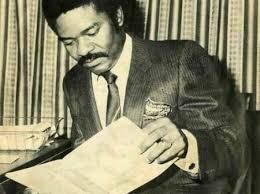
After receiving the explosives disguised as a letter, Giwa sat down to open it, and boom!, the bomb went off, blowing up the lower part of his body almost to smithereens.
That was 36 years ago.
Before his life was brutally taken in a manner so shocking and never-heard-before, Giwa was ostensibly one of the most respected and successful journalists in the country.
He was proudly a peoples’ journalist, who embodied courage, determination, patriotism and service for the good of the people.
Giwa practised journalism for only 11 years, yet he remains a household name in the Nigerian media profession as the impact of his journalistic practice lingers on decades after his unfortunate elimination.
Perhaps, that wouldn’t have happened if he had stayed back in the United States of America after his academic sojourn.
In 1979, the US-trained journalist returned to Nigeria with two degrees in English and Communication to serve his fatherland as a newsman.
Giwa, who had cut his journalism teeth as a reporter at the New York Times, got a job offer from the leading newspaper in Nigeria at the time, The Daily Times as a Feature Editor and Columnist, upon his return.
He took the offer, threw his skills at it and went on to become a renowned columnist and investigative journalist in a country that was under the clutch of the military.
In retrospect, Giwa was one of the best things to happen to investigative journalism in Nigeria in the 80s.
Having established himself at the Daily Times and Africa Concord, he and his fellow frontline journalists, Dan Agbese, Yakubu Muhammad and Ray Ekpu gave Nigeria the first news magazine, Newswatch, a publication the military administration of General Ibrahim Babangida made efforts to discredit and get rid of.
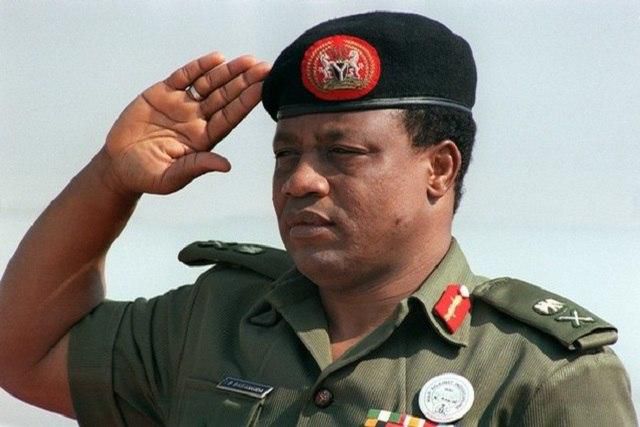
Young and full of energy, Giwa’s passion for his job earned him an unparalleled professional reputation that the country would talk about for years.
It’s been 36 years and till date, two important questions about who killed Dele Giwa and why he was gruesomely murdered remain unanswered.
Also, every effort to get justice has been fruitless, as no one has been brought to book despite available pieces of evidence incriminating Lt Col. Kunle Togun and Halilu Akilu.
Akilu, who was the Director of the Directorate of Military Intelligence and Togun, Deputy Director of State Security Service, both served in Babangida’s regime.
At a point, the late legal luminary, Chief Gani Fawehinmi, who was Giwa’s attorney, took up the gauntlet to get justice for the deceased’s family, since Babangida’s government was not interested in conducting a thorough investigation of the case.
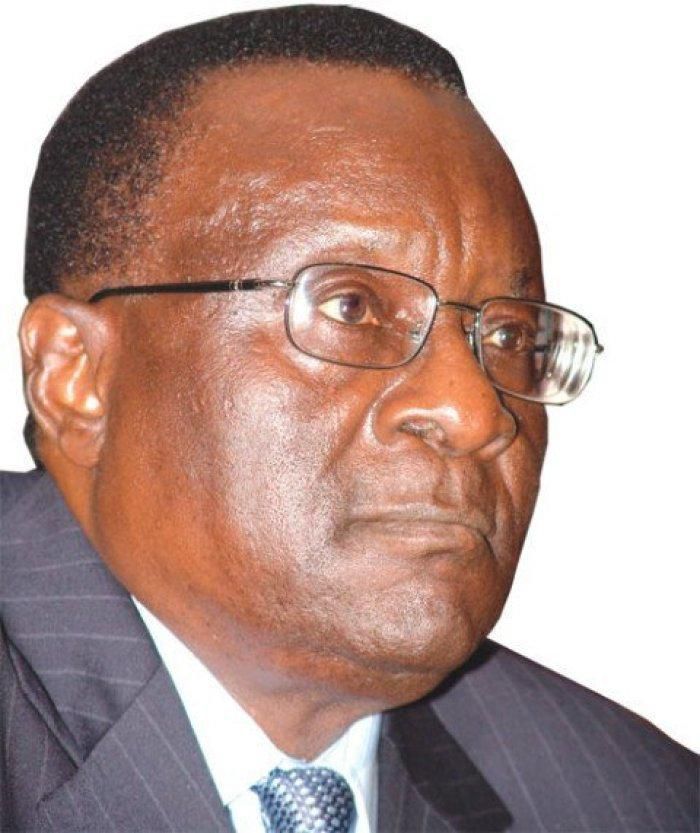
Gani gave his best to ensure the prosecution of those suspected to have been involved in Giwa’s murder, but due to alleged conspiracies by the police, the judiciary and some people in power, justice could not and has not been able to take its course.
Dele Giwa described
Dele Giwa was indeed loved by his readers and colleagues. It was no mistake that one of his colleagues at Newswatch, Ray Ekpu, still speaks fondly and glowingly of the late journalist, 36 years after.
Ekpu said, ‘Dele Giwa was a nice human being, very compassionate, very personable, amiable human being, a bit boisterous, outgoing and someone you would like to meet. Someone who makes the difference to any room in which he enters. He becomes the star of the moment once he gets in the room’.
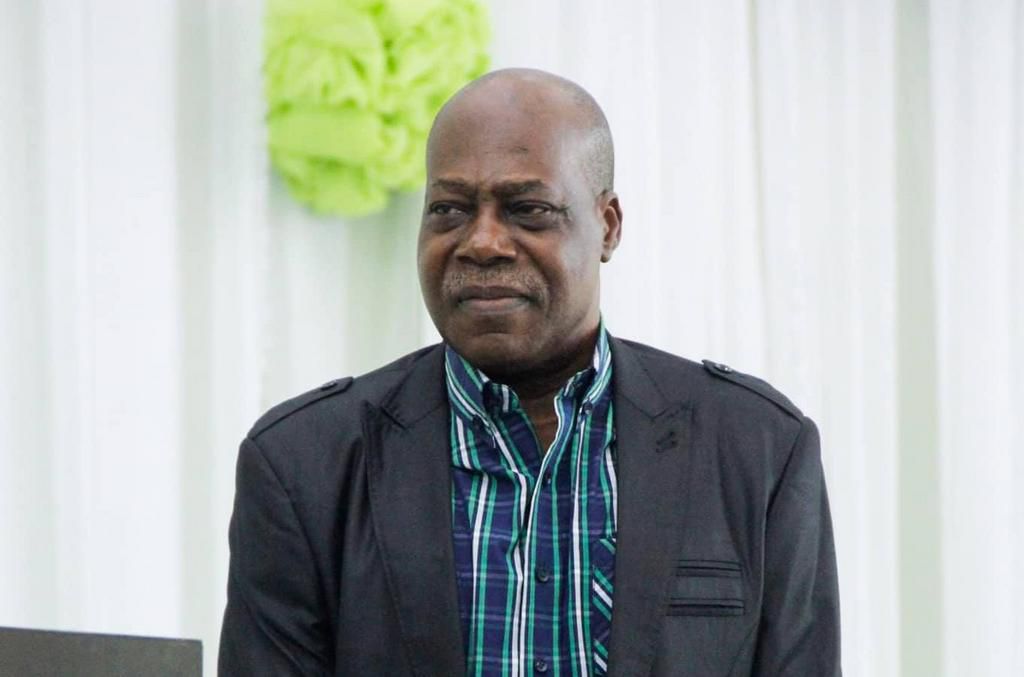
“As a writer or journalist, he was very good, He wrote good prose, which endeared him to a number of people and endeared a number of people to him. I think he was an exponent of infotainment in his style of writing”.
Mohammed Fawehinmi, (now late) a lawyer and son of late Chief Gani-Fawehinmi, was 17 when Giwa was assassinated in his home in Ikeja. Speaking to Pulse about the late journalist, the lawyer described Giwa as a genius and an exceptional brain whom his late father loved so much.
“Dele Giwa is still one of the best Nigeria has had, to the best of my knowledge. He was an industrialist journalist. He was a man who made Newswatch magazine from nothing. He created it into an entity and it became a very productive news magazine.
“We recall why he started. He had this attitude of bringing scoops to the newsstands. Once you see that caption, ‘scoop’, it urges you to want to buy the magazine.
I recall my late dad, Chief Gani Fawehinmi was very fond of him, he said he likes his style of journalism because Dele Giwa could go to any extent to get the news out.
“He was a man who is still missed in Nigeria. He was an exceptional brain, a genius that was wasted during General Ibrahim Babangida’s regime. I don’t even think a dog should be killed the way he was killed because I recall I was 17-years-old when he was killed”.
Has everyone given up on getting justice for Dele Giwa?
As tragic and callous as Giwa’s killing was, no government has deemed it necessary to reopen the case.
However, in 2001, the administration of Chief Olusegun Obasanjo commissioned the Human Rights Violations Investigation Commission of Nigeria, also known as the Oputa Panel to look into cases of human rights violations.
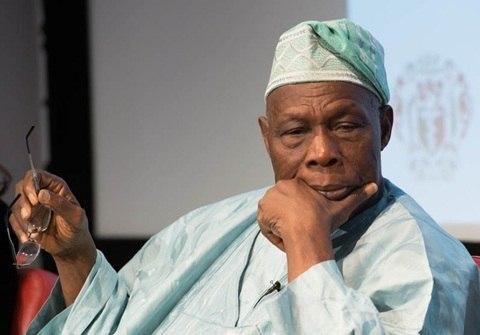
Giwa’s case was reopened momentarily and abandoned.
In October 2016, the Nigeria Union of Journalists (NUJ) charged President Muhammadu Buhari to begin a fresh probe to unravel the killers of the journalist. To this day, the call on the president remains a press statement.
However, it appears everyone concerned and irked by Giwa’s assassination has given up on getting justice for the renowned journalist and his family.
According to Ekpu, it is easy to commit murder in Nigeria and get away with it because that’s the way the country is.
The justice system is warped in favour of those in the corridor of power.
This perhaps is the reason why his wife, Olufumilayo Olaniyan said she doesn’t want to have anything to do with media interviews concerning her husband’s death anymore.
While his colleagues and co-founders of Newswatch still have fond memories of their friend, the fact that the alleged killers of their friend still walk free remains a sad reality.
Asked if everyone seeking justice for Giwa has given up, Ekpu said, “What can we do? We did everything that we could do. We confronted people we could confront, We put out our evidence everywhere, and they did not contradict us because the evidence was solid and that’s why Justice Oputa said the case needs to reopen and the government needs to bring it to a conclusion.
“But you see, that is the way Nigeria is. Many other journalists have been killed the same way. Other citizens who are not journalists have also been killed. We don’t have that mentality, we don’t have that record of bringing people to book particularly if there are interested parties involved.
“Look at Bola Ige, a minister of the Federal Republic was killed just like that, and up till today, nobody knows who killed him. They haven’t gotten to the bottom of the case.”
Mohammed, whose father made frantic efforts to fight for the late journalist, also believes that getting justice for Dele Giwa is a lost cause.
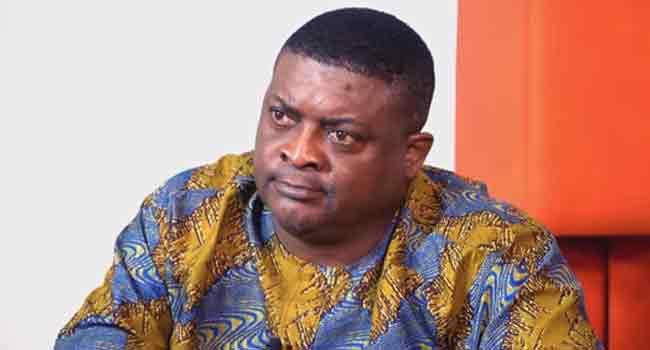
“Let me tell you the truth, everyone has given up. There is no journalist, not even the head of the NUJ, who has filed a single action just to find out what happened that day, where the bomb came from, who detonated the bomb or even to look at the cases my dad filed and have a judicial review of those cases. Nothing has been filed”, he said.
Justice has been delayed for over three decades. The chapter seems closed and no one in power seems to have the gut to take a long look back into the murder case again even though everyone allegedly involved in his death is still alive.
Rest on Dele Giwa. Nigeria remembers you!
Editor's note: This piece was published two years ago, we bring it back to commemorate the 36th anniversary of Dele Giwa's assassination.
Mohammed Fawehinmi died in August 2021, 10 months after speaking to Pulse about Dele Giwa.
May their souls rest in peace.
)
![Aisha blows hot on Security forces; Y7ou won't believe what she said [VIDEO]](https://image.api.sportal365.com/process/smp-images-production/pulse.ng/17082024/1f976edf-1ee2-4644-8ba1-7b52359e1a8f?operations=autocrop(640:427))
)
)
)
![Lagos state Governor, Babajide Sanwo-Olu visited the Infectious Disease Hospital in Yaba where the Coronavirus index patient is being managed. [Twitter/@jidesanwoolu]](https://image.api.sportal365.com/process/smp-images-production/pulse.ng/16082024/377b73a6-190e-4c77-b687-ca4cb1ee7489?operations=autocrop(236:157))
)
)
)
)
)
)
)
)
)
)
)